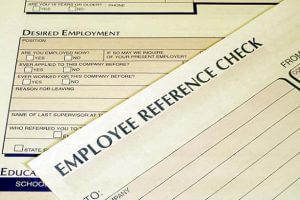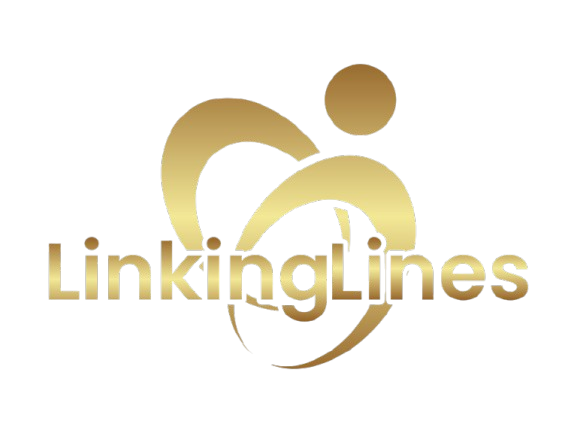One thing’s for sure: job references are very important. When you’re looking for a job, there are several important elements you need to be aware of. And job references are definitely one of those elements because they matter.
Your CV might be impressive and your interview skills might be top-notch, but for a potential employer that’s only a part of the puzzle. Before they hire you, they need to check some other things as well. This is when the references kick in and this is why references are important in your job search.
The information you provided in your CV and backed up during your interview, in their eyes, doesn’t have to be accurate or even true. Even if it is, that still doesn’t guarantee you will be a good employee if they hire you.
Naturally, they will look for the opinion of people who had first-hand experience with you as an employee. Most recruiters and hiring managers like to hear from your previous managers and colleagues because they can share their views of you. That is why you are asked to provide references.
References – significant for employers, crucial for you
A reference is a declaration that you’re a solid worker from your previous employer, manager, supervisor, or colleague. For you, it might just be an opinion, but for your potential boss, it’s as close as they get to a guarantee they won’t be wrong if they choose you. You need to be 100% sure your references will say something positive about you. That is essential! It’s like a guarantee to the new employer that you’re going to be a good worker.
However, knowing that your ex-boss will not bad-mouth you is not enough. You actually need them to provide positive comments and focus on your best sides. This can help you immensely and everyone who has ever been a reference for anyone knows this.
Sharing their personal view of you as a person and as an employee is super important. Hiring managers and recruiters consider neutral, scanty, and reserved comments a warning sign. That is why it’s best if you choose someone who you know will not provide “yes” or “no” answers to their questions.
If your reference is reserved, the recruiter or the hiring manager can think your former employer doesn’t say bad things about you in fear of conflict, or because they just don’t have evidence to back it up.
An unavailable reference is also not a positive thing that tips the odds in your favor, as well as a contact that responds late. The former may question your integrity, the latter may make it seem like someone is hesitant to guarantee for you.
So, to conclude, your reference needs to be someone who knows you very well in a business setting, someone who is available, and someone who is not afraid to speak their mind. It goes without saying that it has to be someone who will say nice things about you!
What do recruiters ask your references?
In a survey by OfficeTeam, 21% of recruiters claimed they discard applicants after talking to their references. It’s obvious your references’ answers may make or break your odds. So, what are the questions they are asked?

The first thing a lot of recruiters do is fact-check. They might ask “How do you know this person?” or inquire about factual information, such as the job title or length of your employment.
Make sure your reference is able to provide this information and that it matches what you wrote in your CV or said at the interview.
However, what’s most important to potential employers is insight into your performance and abilities. They will ask about your past duties and experience, strengths and weaknesses, attendance, and work ethic.
Also, they will ask them to describe your accomplishments, evaluate your skills, and whether they would hire you again or vouch for you in another way.
Finally, they will also ask about your behavior in a work environment. Your reference should be able to describe how you get along with colleagues, what is atmosphere you thrive in, and how well you handle the pressure.
First, make sure your references are rock-solid and onboard with providing an amazing reference. Of course, they need to know they will be contacted. Never put someone on your reference list without them knowing or agreeing to be your reference.
What are the next steps?
Well, there you have it! We hope you now understand why references are important, if not crucial in the process of job search. We all want to be sure we’re doing the right thing, so it shouldn’t come as a surprise the recruitment team wants the same.
If you feel like your job search is not going the way you’d like it to go, maybe it would be a good idea to reach out to us and see what’s holding you back!
Also, you might want to Browse our Blog page and check other interesting posts about this and other useful topics.
Before you can get to the references part, you need to write a great CV and get to the interview part. It’s now easy to write a successful CV with our step-by-step guide, which you can order here
However, if you want to leave it to the pros – use the form below to get in touch!
[html_block id=”8293″]

















Leave a Reply